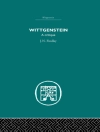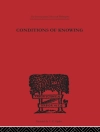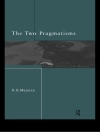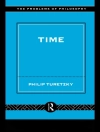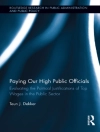Textbooks and other popular venues commonly present science as a progressive "brick-by-brick" accumulation of knowledge and facts. Despite its hallowed history and familiar ring, this depiction is nowadays rejected by most specialists. There currently are two competing models of the scientific enterprise: reductionism and antireductionism. Neither provides an accurate depiction of the productive interaction between knowledge and ignorance, supplanting the old metaphor of the "wall" of knowledge. This book explores an original conception of the nature and advancement of science. Marco J. Nathan’s proposed shift brings attention to a prominent, albeit often neglected, construct–the black box–which underlies a well-oiled technique for incorporating a productive role of ignorance and failure into the acquisition of empirical knowledge. The black box is a metaphorical term used by scientists for the isolation of a complex phenomenon that they have deliberately set aside or may not yet fully understand. What is a black box? How does it work? How do we construct one? How do we determine what to include and what to leave out? What role do boxes play in contemporary scientific practice? Nathan’s monograph develops an overarching framework for thinking about black boxes and discusses prominent historical cases that used it, including Darwin’s view of inheritance in his theory of evolution and the "stimulus-response model" in psychology, among others. By detailing some fascinating episodes in the history of biology, psychology, and economics, Nathan revisits foundational questions about causation, explanation, emergence, and progress, showing how the insights of both reductionism and antireductionism can be reconciled into a fresh and exciting approach to science.
Marco J. Nathan
Black Boxes [EPUB ebook]
How Science Turns Ignorance Into Knowledge
Black Boxes [EPUB ebook]
How Science Turns Ignorance Into Knowledge
Dieses Ebook kaufen – und ein weitere GRATIS erhalten!
Sprache Englisch ● Format EPUB ● Seiten 288 ● ISBN 9780190095505 ● Verlag Oxford University Press ● Erscheinungsjahr 2021 ● herunterladbar 3 mal ● Währung EUR ● ID 7971577 ● Kopierschutz Adobe DRM
erfordert DRM-fähige Lesetechnologie





